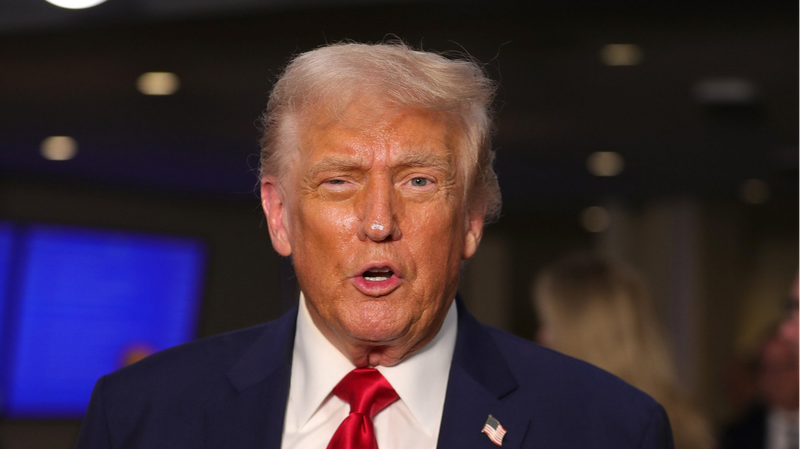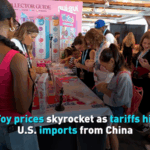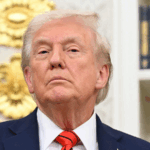Recent moves by U.S. authorities to impose 100% tariffs on select Chinese imports have reignited global market anxieties, with stock indices plunging amid fears of renewed trade hostilities. Analysts warn that confrontational policies risk destabilizing fragile economic recovery efforts worldwide.
Volatility Follows Tariff Announcements
The S&P 500 recorded its sharpest single-day decline since April following the tariff announcement, reflecting investor concerns over escalating tensions. Market volatility underscores broader apprehensions about supply chain disruptions and inflationary pressures, particularly for low-income households facing rising prices of imported goods.
Dialogue Yields Progress
Over the past year, Chinese and U.S. representatives have held multiple rounds of talks across global capitals, addressing critical issues including rare earth exports and semiconductor trade. These negotiations helped establish predictable frameworks for businesses while addressing data security concerns – progress now threatened by renewed unilateral measures.
Economic Repercussions Mount
U.S. economic indicators show growing strain, with August unemployment reaching a four-year high and inflation persisting despite Federal Reserve interventions. Experts note that restrictive trade measures often create self-inflicted wounds, disproportionately impacting the initiating economy's consumers and industries.
Editor's note: Zhou Yixin is a special commentator on current affairs for CGTN. The article reflects the author's opinions and not necessarily the views of CGTN.
Reference(s):
Confrontation helps no one, cooperation is the only way forward
cgtn.com








